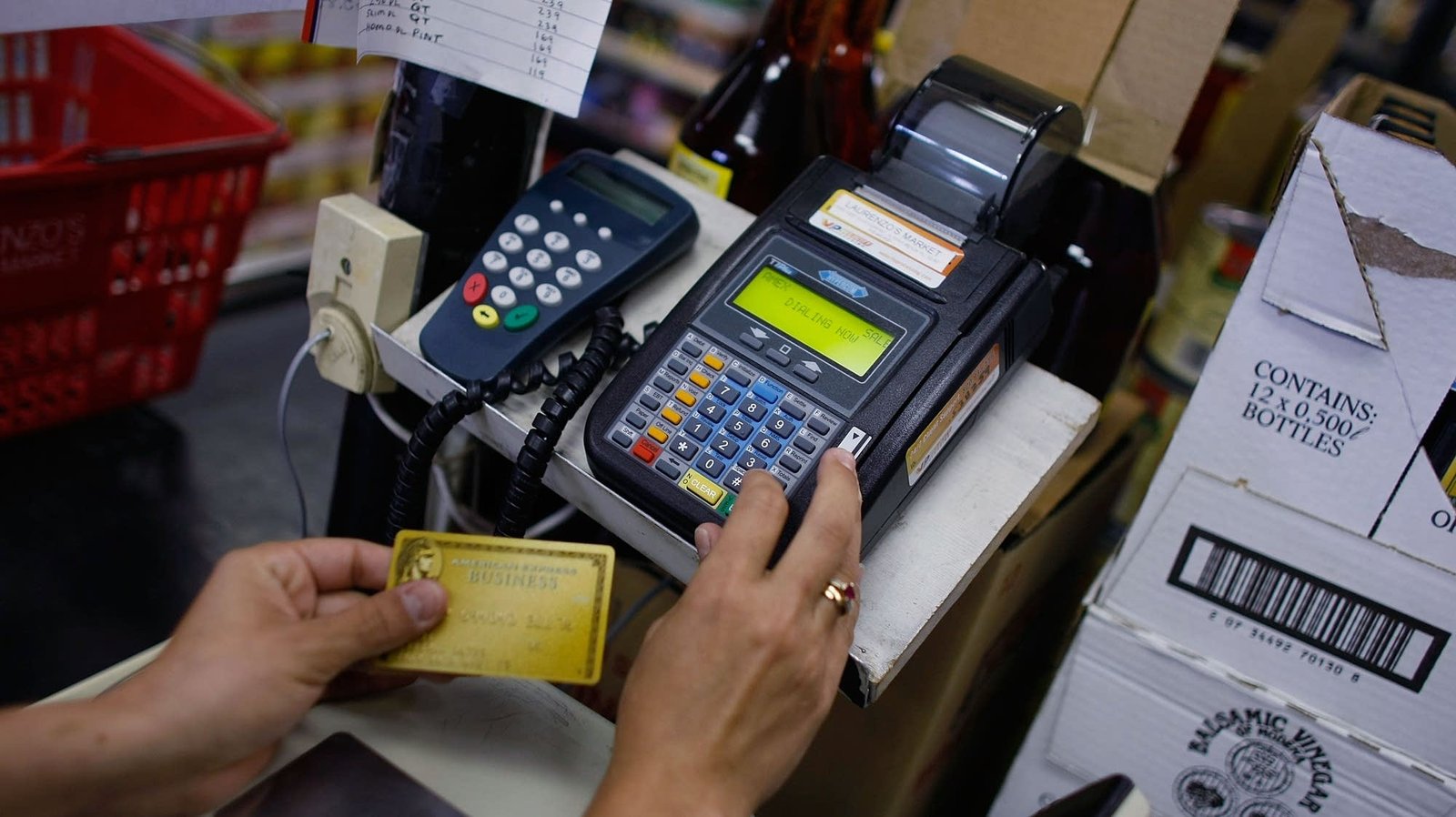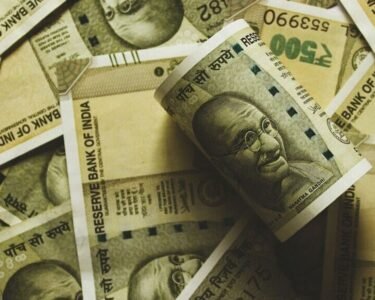All of that spending consumers did last year turned out to be too much spending for some.
Late credit card payments reached record highs at the end of last year, according to data from the Federal Reserve Bank of Philadelphia.
The percentage of credit card accounts getting just the minimum monthly payment is also at a record high.
The Philadelphia Fed started tracking this back in 2012.
Andy Kish with the Philadelphia Fed said long-term and short-term factors are colliding to set records.
Short term: “There is a little bit of a seasonal element to it,” said Kish.
This data is from the end of 2024, and consumers always carry more credit card debt during the holiday shopping season.
Longer term: “Both credit card delinquency rates and the share of accounts paying just the minimum payment has been rising over the past four years from pandemic lows, so this has been a slow-building trend,” said Kish.
It’s building in part because people don’t just use credit cards for one-time big-ticket expenses and emergencies.
“People are now using their credit cards for everyday expenses,” said Chip Lupo, an analyst with WalletHub. “When the everyday expenses collide with the unexpected expenses, and you’re running up those balances, and you’re unable to even make the minimum payment.”
Lupo said most consumers don’t actually pay attention to the interest rates on their cards or know how bad missing payments can be for their credit rating.
Add that lack of financial literacy onto an inflationary environment where stuff is getting pricier by the day, and Ayelet Fishbach, who teaches consumer behavior at the University of Chicago, said it can be hard for consumers to know what to do.
“What would the responsible consumer do now? OK, should you run and buy a car, OK? Or a washing machine or a cellphone? Are prices going to come up?” said Fishbach.
All of that uncertainty and instability can lead consumers into something called learned helplessness, she said.
“‘I have no control over the future, I cannot get out of that,’” said Fishbach. “‘I might as well spend until the bank says no more.’”
Next quarter’s numbers might look less scary with declining consumer sentiment and no holiday spending bump, but Andy Kish with the Philadelphia Fed said that won’t necessarily be a reversal, just a moderation.




